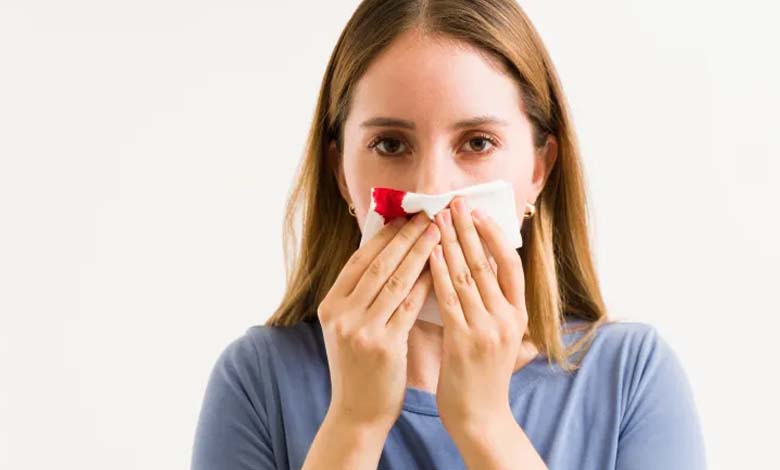What Causes Nosebleeds during Sleep?

Nosebleeds during sleep are a common condition that may seem concerning, but in most cases, there is no need to worry. The bleeding occurs for various reasons, some of which are simple and can be prevented.
-
Why Do Sleep Patterns Change in Older Adults?
-
Sleeping Less Than 7 Hours During Pregnancy Puts Baby at Risk of Growth Delays
According to the “Cleveland” website, here are the causes of nosebleeds during sleep:
Incorrect Nose Cleaning
Improper nose cleaning, whether during the day or at night, can irritate the sensitive nasal septum and cause bleeding. The septum contains numerous blood vessels that can easily rupture when frequently touched.
-
“Adult Swaddling”: Does it Improve Sleep Quality According to TikTok?
-
This is the “ideal” number of hours of sleep for each age group
Dry Air
Dry air inside the home, especially when heating or air conditioning is used, dries out the nasal mucous membranes, leading to the cracking of blood vessels.
Using humidifiers in rooms can help increase humidity and prevent the dryness that causes bleeding.
Allergies or Colds
Irritation caused by allergies or colds increases the likelihood of bleeding, particularly if the person blows their nose forcefully and frequently.
Infections or Inflammations
Sinus infections or bacterial infections can irritate the mucous membranes, increasing the likelihood of nighttime nosebleeds.
Taking Blood Thinners
People taking blood thinners are more prone to bleeding. If the bleeding is frequent, it is advisable to consult a doctor to adjust the doses or seek medical solutions.
-
Extra hours of sleep on weekends “protect your heart”
-
Sleep deprivation could promote the development of Alzheimer’s
How to Stop Nighttime Nosebleeds
When bleeding occurs, it is advised to lean forward and press both nostrils for at least 5 minutes without interruption.
Avoid tilting your head back to prevent swallowing blood. If the bleeding lasts for more than 30 minutes, or if it is severe and frequent, it is recommended to consult a doctor.












